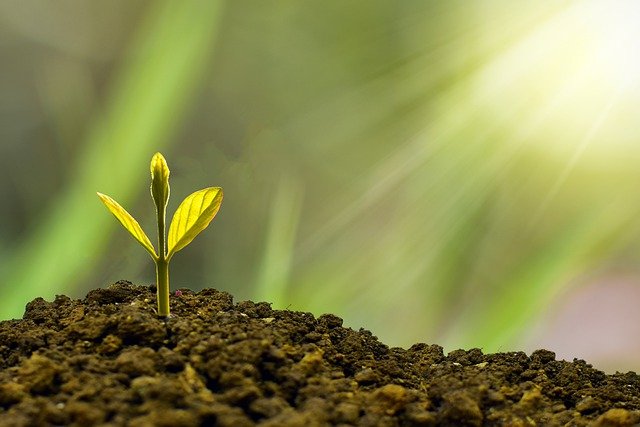The green economy introduced by Hamid-Reza Khoyi

GREEN ECONOMY HAMID-REZA KHOYI - Green economy, blue, circular are now many adjectives that we hear accompany this word. But what do we mean when we use them? To explain Green Economy is Hamid-Reza Khoyi, with hints also to the blue economy.
Green Economy and Blue Economy explained by Hamid-Reza Khoyi
Let’s start by defining what is meant by Green Economy and Blue Economy. Green Economy indicates the economic model aimed at achieving well-being and social equity, while reducing environmental risks and ecological scarcity. The blue economy is nothing more than a development of the green economy, which directs its interests towards the marine and oceanic world. Where the green aims to achieve a CO2 reduction within an acceptable limit, the blue economy plans to achieve zero CO2 emissions.
The greatest danger for these economic models is to be used for the wrong reasons. There are many who believe, for example, the Blue economy can be the answer to the possibility of a future in which there is a loss of employment due to the use of robotics and artificial intelligence. Most likely this will be true, but limiting these economic models to only this uses is a very wrong thing. The primary purpose of the application of green and blue economy is not to create jobs, but to safeguard our planet.
The commitment of individuals, companies and politics
Unfortunately, there are still not many companies that implement actions in line with the principles of the Green economy and even less the number of those who consider it a feasible project. The commitment must come from everyone.
Europe currently produces 10% of global pollution, compared to India and China, which produce almost all of it. But if we wait for the great powers to be the first to move, we will not go anywhere. Somewhere you have to start to start the change and the first are us. The commitment of the individual starts from the attention in the purchases, the consumption and the origin of the various products. Making prudent purchases, however, requires commitment and time. A facilitation could come from the institutions with the introduction of a globally recognized mark or certification that helps the consumer to distinguish who respects the principles of the green economy and who does not.
Limits and potential of the Green Economy identified by Hamid-Reza Khoyi
As we have said, consumers play an important role in implementing the green economy. Very often, however, they may not be encouraged to take green action by the bonus that green products have. For this reason, demand could decrease day by day, resulting in a further increase in the price of products in line with the green economy, which in turn will lead to a greater reduction in demand.
The green economy also has the potential to become a strong ally of the economy of small countries. In fact these, having an economy in the beginning, have more ease in implementing the moves necessary to make their economy green, compared to the large realities that have situations already established for decades. If they manage to enter the market they will have greater possibilities to create a strong competitive network with the West where the demand for green products is very high, at the expense of a low-level and high-cost offer.
Do it because it’s right, not because you have to
The implementation of the green economy must not be a burden for companies but a necessity. Something that is done, not because we must but because we want, for our own good, that of the Planet that sustains us and for generations to come. If a company chooses the green economy because it believes it will surely be more successful and successful than one that does it because it must and will know how to put in place the best and most fruitful actions. This is the thought of Hamid-Reza Khoyi on the green economy.



